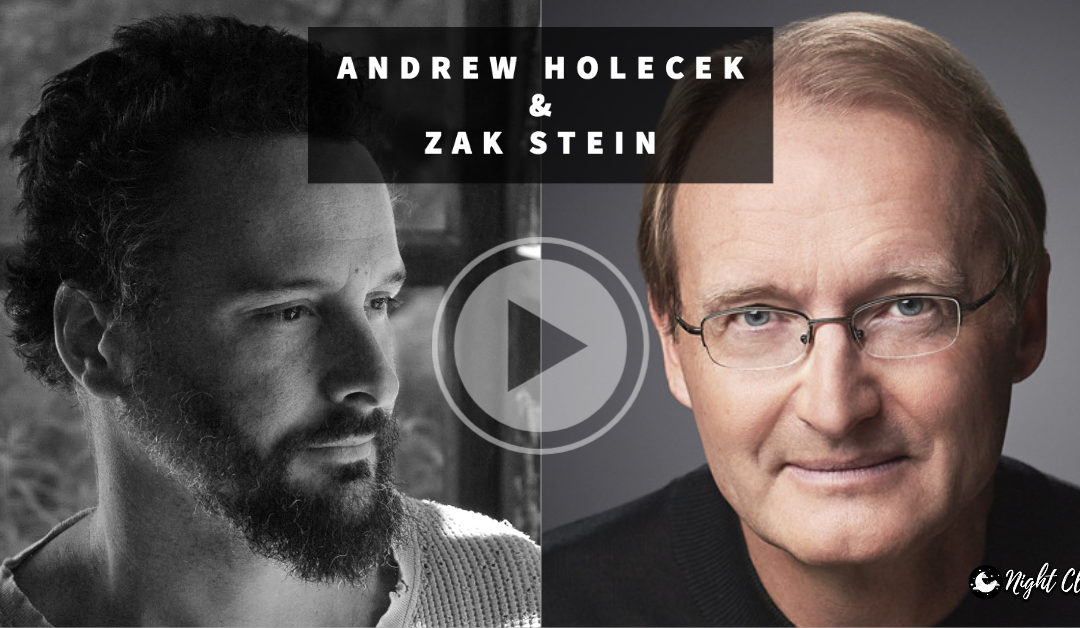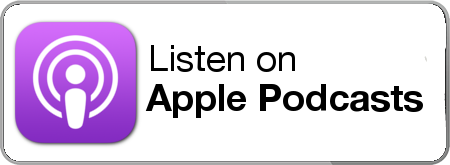Join Andrew and philosopher Zak Stein in an eye-opening and heartfelt look at COVID-19 and how it is changing the world.
The virus has stopped economic growth dead in its tracks, and the liminal space we are now in provides an unprecedented opportunity to start afresh. Growth is good, but growth without direction is cancer. As chaos theory (and dissipative structures) has shown, things have to fall apart before they can reorganize at a higher level.
How can civilizational collapse be transformed into opportunities for genuine growth? Is home-schooling better than industrial learning? How does understanding the spectrum of our identity help prevent burnout? After these opening topics, the conversation turns to deeply personal ways for how to manage the virus crises: how do we keep our hearts open, what coping mechanisms do we have, how can we use this situation to increase love? Zak Stein shares some moving stories about his path of transforming “tears into nectar,” and “burning in the fire of tragedy.” He then talks about “crying practice” (which was used by the Spartans), how to actually do it, and why it is so helpful. This is immediately conjoined with Zak Stein’s “laughing practice,” and a look at how reality is touched through tears and laughter.
Whether it’s “cracking up” or “breaking down” it’s the cracking and breaking that’s important – a gut-splitting and heart-breaking way to open, to love, and to then share it. How can we “bear the unbearable image” and use that to connect more fully to others? Crying practice is “permission practice;” the permission to be human, to feel deeply, to break down. But the human heart is unique. The more it breaks, the bigger it gets. Join this deep and sensitive thinker in an exploration of coping mechanisms in times of stress, and how to authentically transform obstacle into opportunity. This conversation was seeded by Zak Stein’s recent article, which has caused a stir in the intellectual and alternative community.
More about Zak Stein
Zak Stein is a philosopher of education working at the interface of psychology, metaphysics, and politics. He has published two books, including Education in Time Between Worlds, along with dozens of articles. This writing was done as he worked co-founding a non-profit and think tank, as well as teaching graduate students at Harvard, and consulting with technology start-ups. Zak Stein is a long time meditator, musician and caregiver, which has shaped him more than any professional engagements.





